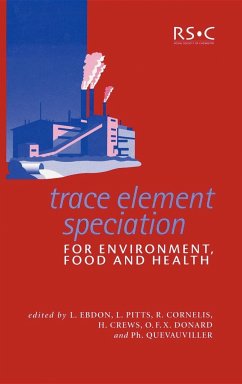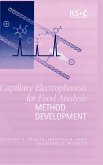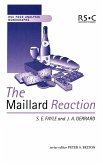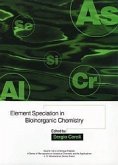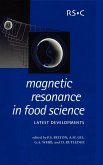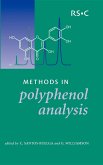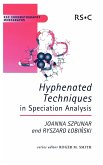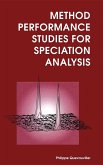The ongoing progress of science has shown that it is important for analytical scientists to determine not only the presence of particular elements, but also their species. There are many fields where this is applicable, and where there are a number of topics to be addressed. Developing separation and measurement systems for the many element species has tested the resourcefulness of analytical chemists over recent decades. A product of the EU sponsored Speciation 21 Network, this book presents a detailed review of the state-of-the-art of speciation issues in the occupational health, food and environment sectors, along with the main conclusions arising from discussions held during expert meetings. Topics covered include mercury and organotin compounds in the environment; factors affecting the health of workers; the importance of speciation of trace elements for health, and subsequent metabolism in the body; analytical methodologies; risk assessment; and legislation. Trace Element Speciation for Environment, Food and Health provides an insight into applied research in the speciation field and how it has become so important in all the fields represented. With its comprehensive coverage, it will be of particular interest to researchers in industry and academia, as well as government agencies and legislative bodies. TOC:IUPAC Definitions for Terms Related to Chemical Speciation andFractionation of Elements; General Aspects: Accuracy and Traceabilityin Speciation Analysis; Quality Control in Speciation Analysis; SampleTreatment and Storage in Speciation Analysis; Aspects of the ThresholdLimit Concept; Considerations of the Legislative Aspects of the DataQuality Requirements in Trace Element Analysis; Environment: MetalSpeciation for Improved Environmental Management; Mercury - Do We KnowEnough?; Organotin Compounds in the Environment: Still a CriticalIssue; An Environmental Case History of the Platinum Group Metals;Speciation in the Frame of Environmental Bio-monitoring - Challengesfor Analytical and Environmental Sciences; Arsenic Speciation in theEnvironment; Rapid Tests - A Convenient Tool for Sample Screening withRegard to Element Speciation; Food: The Importance of Trace ElementSpeciation in Food Issues; Trace Metal Speciation - A View From Insidethe Food Industry; Trace Element Speciation in Food: A Tool to AssureFood Safety and Nutritional Quality; Arsenic Intake in the BasqueCountry (Spain): A Real Need for Speciation; Trace Element Speciationand International Food Legislation - A Codex Alimentarius Position

